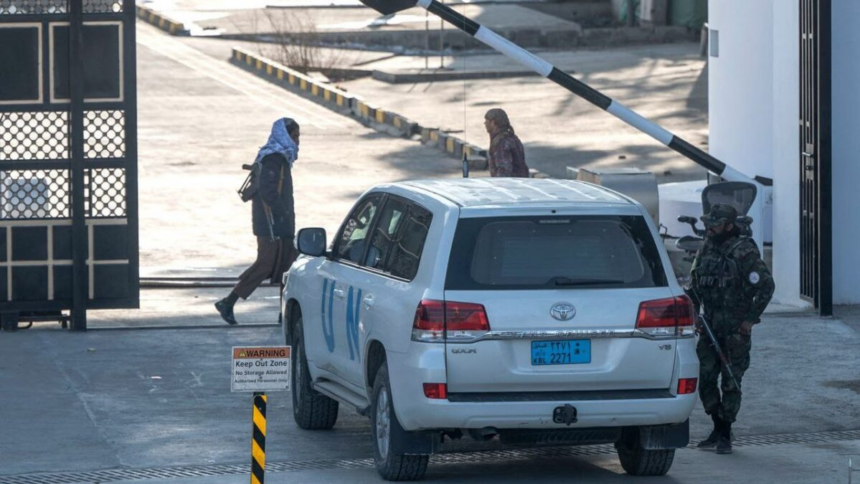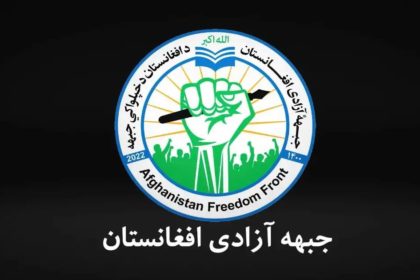RASC News Agency: A chilling new report by The Independent reveals that families of women working for the United Nations in Kabul have been subjected to armed threats and coercive pressure, in what appears to be a coordinated campaign aimed at forcing these women out of their jobs. These acts occurring under the de facto rule of the Taliban further cement the group’s systematic erasure of women from public and professional life in Afghanistan. According to sources familiar with the incidents, the threats occurred in late May 2025. Armed individuals, whose affiliations remain officially unconfirmed, have reportedly been following female UN staff from their workplaces to their homes. The campaign has included forced pledges both written and videotaped by male relatives, committing to prevent the women from returning to work.
A senior official within the United Nations, speaking to The Independent on condition of anonymity, confirmed the severity of the threats:
“Our female colleagues have been stalked and harassed while leaving their offices. They were explicitly told that if they show up to work again, they would not return home alive.” These developments are part of a broader, deeply troubling pattern of gender apartheid under the Taliban’s authoritarian regime. Since their return to power in August 2021, the Taliban have systematically dismantled the rights of women banning them from education, restricting their movement, and now increasingly targeting those employed by international organizations.
Families of these women have also come under direct duress. In several cases, male relatives were forced to sign formal commitments under video surveillance, pledging to prevent the women from working. Experts describe these actions not as isolated incidents, but as a coordinated strategy to instill fear and enforce gender-based submission across the country. In response, the United Nations Assistance Mission in Afghanistan (UNAMA) has reported the matter to Taliban officials and implemented emergency operational and security protocols. UNAMA emphasized that it remains committed to continuing humanitarian services to the Afghanistani people, despite increasing risks to its personnel.
The World Food Programme (WFP) has advised its female staff to work remotely until further notice, citing grave concerns for their safety. Nevertheless, the agency reiterated that its support for vulnerable Afghanistani families, particularly female-headed households, will not be halted. The exclusion of women from the humanitarian workforce has devastating consequences. Female aid workers play a vital role in reaching women and children in need especially in regions where cultural norms forbid interaction with male workers. “Women are central to our operations,” a UN source told The Independent. “They are the ones delivering aid, managing logistics, and ensuring equitable access. Threatening them undermines not just their rights, but the very delivery of life-saving assistance.”
The Taliban’s Ministry of Interior, when contacted, issued a perfunctory statement claiming it was “aware” of the situation and that “no one has the right to threaten UN staff.” However, critics argue such responses are hollow, especially given the Taliban’s well-documented history of repressing women and failing to protect them against targeted violence. Since NATO’s withdrawal and the Taliban’s return to power, the United Nations has been one of the few remaining institutions providing essential services in Afghanistan supporting over 23 million people. But this vital mission is increasingly jeopardized by the Taliban’s refusal to protect basic human rights and their relentless campaign to purge women from the workforce.
The Independent rightly notes that Afghanistan’s rapidly deteriorating political and social climate has made female UN staff highly vulnerable. These threats are not just an attack on individual women they are part of a broader assault on humanitarian access and institutional independence. The Taliban’s authoritarianism, masked in hollow proclamations of order and tradition, continues to suffocate Afghanistan’s future. Their war on women is no longer confined to domestic spheres; it now directly targets the last surviving networks of international aid and dignity. As the international community watches from a distance, the Taliban regime persists in extinguishing the hopes of an entire generation by silencing the very women who strive to rebuild it.






